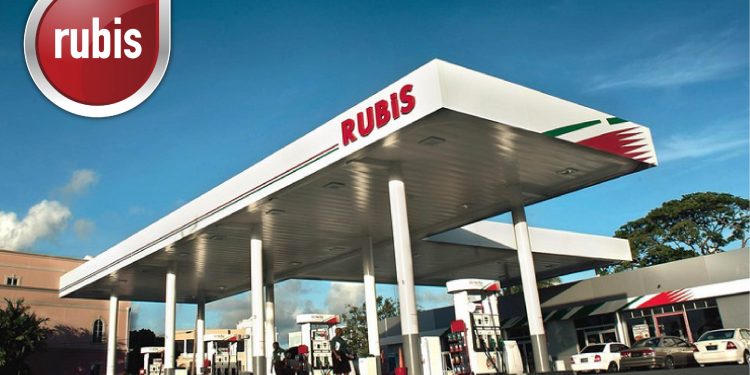The Competition Authority of Kenya has approved the proposed acquisition of control of Gulf Energy Holdings Limited by KenoL Kobil PLC.
A merged Kenol Kobil-Gulf Energy outfit will increase its market share of service stations to 21.2%, giving Rubis a lead position in the fuel retail business.
But the regulator says this market strength is not dominant and will face competition from other oil marketers, who control 78.8% of the fuel retail market.
Data from the Petroleum Institute of East Africa(PIEA) indicate that there are 96 Oil Marketing Companies in Kenya operating over 3,000 service stations. More than half of these service stations are owned by independent players.
Total owns 16.4% of all these service stations followed by Vivo (16.2%); Kenol Kobil (15.4%); Oil Libya (6.9%); Gulf (5.8%); NOCK (4.4%); Galana (2.7%); Petro Oil (2.4%); and Be Energy (1.85%).
The Authority says the presence of several competitor petrol stations in close proximity to the merged entity’s stations (within the 3-kilometer minimum radius recommended by international best practice) in the downstream market will offer vital competitive restraint.
CAK notes that the Kenol Kobil-Gulf Merger is also unlikely to lessen or prevent competition in the participation of oil marketing companies in the monthly crude oil import open tenders, run by the Ministry of Energy and Petroleum.
There are three jetties in Mombasa where imported petroleum products are offloaded. Some oil marketing companies own storage facilities near the jetties while others lease capacity from their counterparts. The total storage capacity in Mombasa is 1,069,846 cubic meters.
According to Petroleum Institute of East Africa(PIEA), oil marketers with a stake in storage of petroleum products in Mombasa are; Hashi Energy (1.46%), Vitol Tank Terminals International (VTTI) Kenya Limited (10.24%), Vivo Energy Kenya Limited (5.81%), Gulf Energy Limited (1.07%), GAPCO Kenya Limited (10.84%), Mbaraki Bulk Terminal Limited (4.36%), Tecaflex Limited (1.42%) and Libya Oil Kenya Limited (4.45%). Mombasa Joint Terminal (MJT), which has a market share of 7.13%, is owned 33% by Kenol Kobil Limited and 67% by Total Kenya. Gulf specializes in storage of heavy fuel oils, a different segment from that of Kenol Kobil, says CAK.
Thus, a merger of the two entities will not upset the storage arithmetic in Mombasa
In the Liquefied Petroleum Gas (LPG) market, Kenol Kobil refills and supplies its own product under the brand name K-Gas. Gulf Energy distributes Del Gas under a deal with Delta Energy.
Data from the PIEA shows that the LPG market is dominated by Hashi at 25%. Others are Total Kenya (21%), Kenol Kobil (11%), Vivo (10%), Libya Oil, (11%), and Oryx (7%).
With a paltry 2.5% share of the LPG market, post-transaction transfer of Gulf’s LPG business to Kenol Kobil, will resulting in a combined share of 13.5% by the new entity in a market still dominated by Hashi and Total.
While the merger of Kenol Kobil and Gulf Energy will give the combined entity control of 71% of all the jet fuel consumed at Jomo Kenyatta International Airport, CAK is not worried.
This is because of what is terms as ‘temporary’, the contractual arrangement between Kenol Kobil and Kenya Airways, the largest consumer of jet fuel at the Jomo Kenyatta International Airport (JKIA).
The downstream market of retail of petroleum products, including their indicative pricing, is regulated by the Energy and Petroleum Regulatory Authority (EPRA).
The Authority is of the view that the proposed transaction is likely to lead to redundancies. To mitigate against this, the parties have committed that, for 24 months from the date of implementation of the transaction, there will be no employee redundancies or change of contracts held by the 102 employees of Gulf Energy.
Related:
Kenol Kobil Takeover by Rubis Energie 97% Successful




